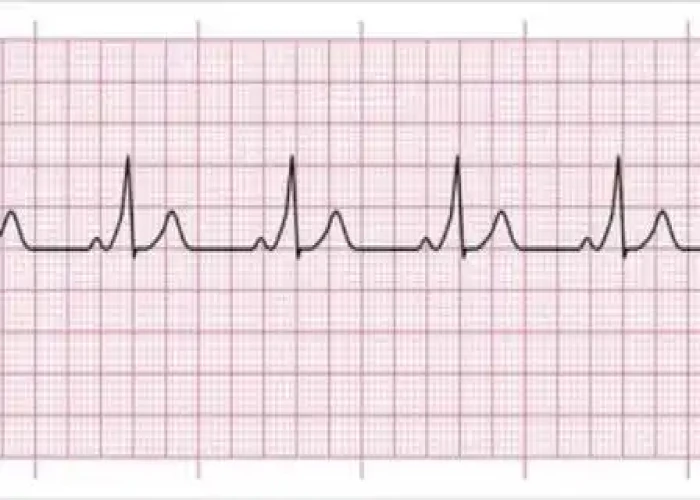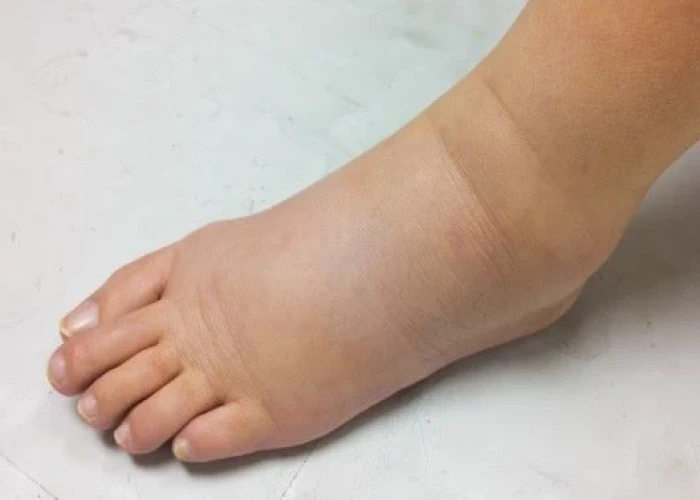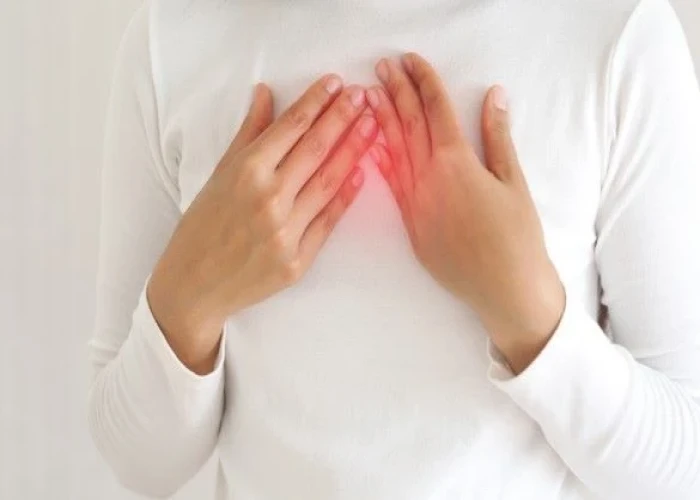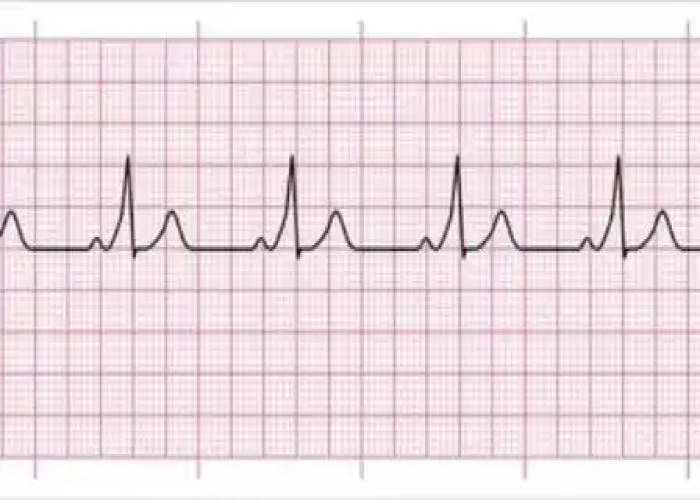 Welcome
Welcome
“May all be happy, may all be healed, may all be at peace and may no one ever suffer."
Wolff-Parkinson-White (WPW) syndrome

Wolff-Parkinson-White (WPW) syndrome is a rare but potentially life-threatening heart condition that is characterized by an abnormal electrical pathway in the heart. In a normal heart, electrical impulses travel from the upper chambers of the heart (atria) to the lower chambers (ventricles) through a pathway called the atrioventricular (AV) node. In WPW syndrome, there is an additional pathway, known as the accessory pathway, that allows electrical impulses to bypass the AV node and reach the ventricles more quickly.
The symptoms of WPW syndrome can vary widely, and some people may not experience any symptoms at all. Common symptoms include palpitations (a rapid or irregular heartbeat), chest pain, shortness of breath, and fainting. In rare cases, WPW syndrome can lead to sudden cardiac arrest.
Diagnosis of WPW syndrome typically involves an electrocardiogram (ECG) and other tests to assess the heart's electrical activity. Treatment may involve medications to control the heart rate and rhythm, or a procedure called catheter ablation, which uses radiofrequency energy to destroy the abnormal pathway. In some cases, surgery may be necessary to treat severe cases of WPW syndrome.
Overall, the prognosis for people with WPW syndrome is generally good with appropriate treatment. However, the condition can be life-threatening if left untreated, so it is important for individuals with symptoms of WPW syndrome to seek medical attention promptly.
Research Papers
Disease Signs and Symptoms
- Rapid fluttering heartbeats (palpitations)
- Irritability
- Pale skin color (pallor)
- Anxiety
- Shortness of breath (dyspnea)
- Fatigue (Tiredness)
- Fainting (syncope)
- Dizziness, lightheadedness or faintness
- Dizziness (vertigo)
- Difficulty breathing (dyspnea)
- Chest pain
- Rapid breathing
Disease Causes
Wolff-Parkinson-White (WPW) syndrome
Wolff-Parkinson-White (WPW) syndrome is a type of heart problem present at birth (congenital heart defect). WPW syndrome may occur with other types of congenital heart disease, such as Ebstein anomaly.
Rarely, WPW syndrome is passed down through families (inherited). The inherited, or familial, type is associated with a thickened heart muscle. This is a form of hypertrophic cardiomyopathy.
To understand the causes of WPW syndrome, it may be helpful to know how the heart typically beats.
How does the heart beat?
The heart is made of four chambers — two upper chambers (atria) and two lower chambers (ventricles).
The heart's rhythm is controlled by a natural pacemaker (the sinus node) in the right upper chamber (atrium). The sinus node sends electrical signals that typically start each heartbeat. These electrical signals move across the atria, causing the heart muscles to squeeze (contract) and pump blood into the ventricles.
Next, the heart signals arrive at a cluster of cells called the AV node, where the signals slow down. This slight delay allows the ventricles to fill with blood. When the electrical signals reach the ventricles, the chambers contract and pump blood to the lungs or to the rest of the body.
In a typical heart, this heart signaling process usually goes smoothly, resulting in a resting heart rate of 60 to 100 beats a minute.
In WPW syndrome, an extra electrical pathway connects the upper and lower heart chambers, allowing heart signals to bypass the AV node. As a result, the heart signals don't slow down. The signals become excited, and the heart rate gets faster. The extra pathway can also cause heart signals to travel backward, causing an uncoordinated heart rhythm.
Disease Prevents
Disease Treatments
Treatment for Wolff-Parkinson-White (WPW) syndrome depends on the severity and frequency of symptoms and the type of heart rhythm problem (arrhythmia) causing the fast heart rate.
The goals of treatment are to slow a fast heart rate when it occurs and to prevent future episodes. Treatment options for a fast heart rate include:
- Vagal maneuvers. Simple but specific actions such as coughing, bearing down as if having a bowel movement or putting an ice pack on the face can help slow down the heart rate. Your health care provider may ask you to perform these actions during an episode of a fast heartbeat. These actions affect the vagus nerve, which helps control the heartbeat.
- Medications. If vagal maneuvers don't stop a fast heartbeat, you might need medications to control the heart rate and restore the heart rhythm. Medications may need to be given by IV.
- Cardioversion. Paddles or patches on the chest are used to electrically shock the heart and help reset the heart rhythm. Cardioversion is typically used when vagal maneuvers and medications don't work.
- Catheter ablation. In this procedure, the health care provider inserts a thin, flexible tube (catheter) through a blood vessel, usually in the groin, and guides it to the heart. Sometimes more than one catheter is used. Sensors on the tip of the catheter use heat (radiofrequency energy) to create tiny scars in the heart. The scar tissue permanently blocks faulty electrical signals, restoring a regular heartbeat. Catheter ablation doesn't require surgery to access the heart, but it may also be done at the same time as other heart surgeries.
People with an extra signaling pathway but no symptoms (WPW pattern) usually don't need treatment.
Disease Diagnoses
Disease Allopathic Generics
Disease Ayurvedic Generics
Disease Homeopathic Generics
Disease yoga
Wolff-Parkinson-White (WPW) syndrome and Learn More about Diseases

Lymphedema

Tricuspid valve disease

Soft tissue sarcoma

Brain AVM (arteriovenous malformation)

Dislocated elbow

Stevens-Johnson syndrome

Pectus carinatum

Toxoplasmosis
wolff-parkinson-white syndrome, উলফ-পারকিনসন-হোয়াইট সিন্ড্রোম
To be happy, beautiful, healthy, wealthy, hale and long-lived stay with DM3S.
